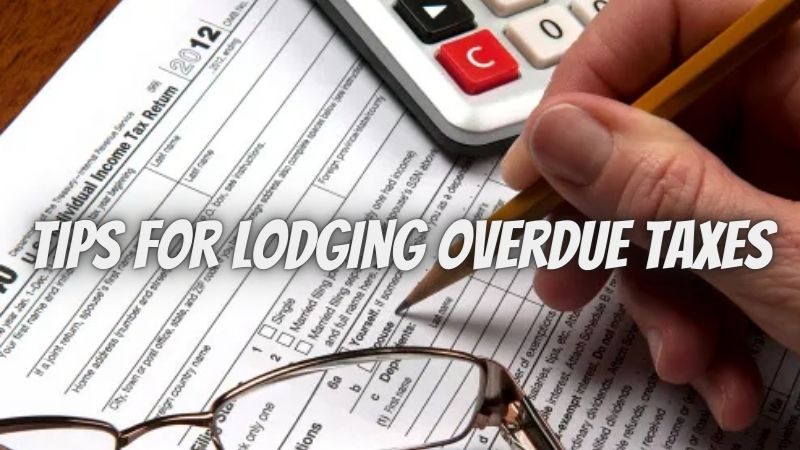There’s nothing surer in life than taxes, and this mammoth task causes a great deal of stress for most people at least once each year. As filing your taxes can be such a complex and arduous task, it’s common for people to fall behind and end up on the IRS’s naughty list.
If you’re about to lodge your overdue taxes, and you’re not sure you’re going to like the repercussions of doing so, consider doing one or some of the following things:
Hire a Tax Professional
You might think that hiring a tax agent is only necessary if you run a large corporation with countless income streams and outgoings. However, any business or individual can hire a tax professional to complete their tax returns and help them understand their tax obligations.
Even when you’re late to lodge, they can walk you through the process and solve any problems you’ve been having. Tax season won’t need to be an event you dread each year with an accounting professional on your side.
Set Up Installation Payments
One of the many reasons some people can be late to lodge their taxes is that they aren’t financially able to do so. They may be worried about not being able to make lump-sum payments or a single payment at all.
If you believe you’ll end up in such a position, it’s worth knowing that the IRS would prefer that you paid some than none at all. Talk to them about setting up payment plans known as installment agreements.
There is usually an application fee, but by setting up a payment plan, you may be able to decrease the penalty figures on your unpaid balance. The forms you generally need for this plan are Form 9465 for $50,000 or less and Form 433-A or Form 433-F for balances higher than $50,000.
Apply for an Extension
If you believe you will soon have enough funds to cover your tax bill, but it falls outside of their payment window of 120 days, ask the IRS about a short-term extension. They don’t charge a fee to put an extension in place, but any unpaid balances do accumulate a penalty of 0.5% each month (and possibly some interest per quarter).
This option may be more suitable for people who can pay their tax bill in full but will need a little extra time doing so.
Request a Hardship Extension
Though taxes are necessary, they are not always affordable for those who have fallen on hard times. If you can prove that paying the tax you owe will cause you financial hardship, you may be able to receive a hardship extension.
You can apply for this by using Form 1127 and attaching statements of your liabilities and assets. You don’t need to pay any application fees or penalties for late payments if you qualify, but you may be charged interest.
Use Your 401(k)
A 401(k) plan is a retirement savings plan, but it can also be a loan funding source in the right situation. Sometimes, you can borrow up to 50% of the money you need (up to $50,000).
However, some fees may apply, and you must repay the money into your 401(k) within five years. It may also negatively impact your retirement plan if you choose this option.
Nearly everyone will pay taxes, but not everyone will know what options they have at their disposal if they’re running late. Talk to a tax agent, learn about extension possibilities, and put a plan in place to manage your taxes now and into the future.
